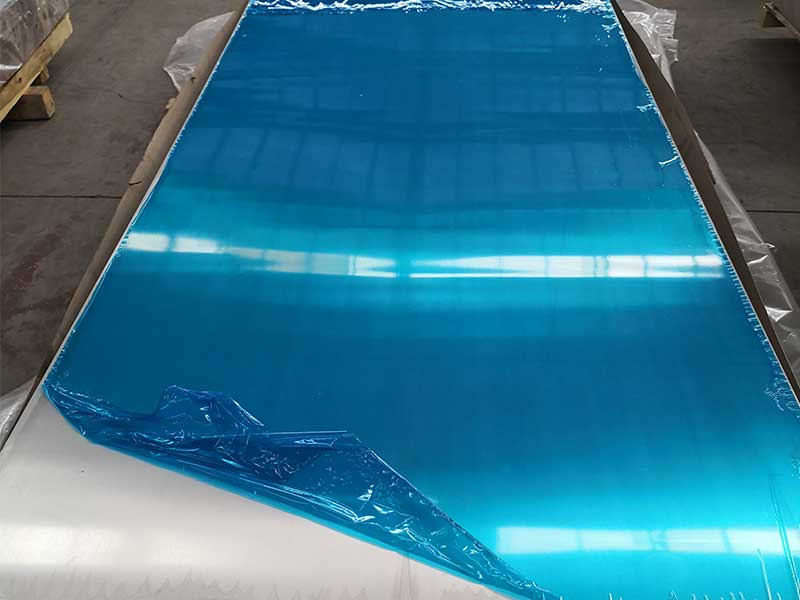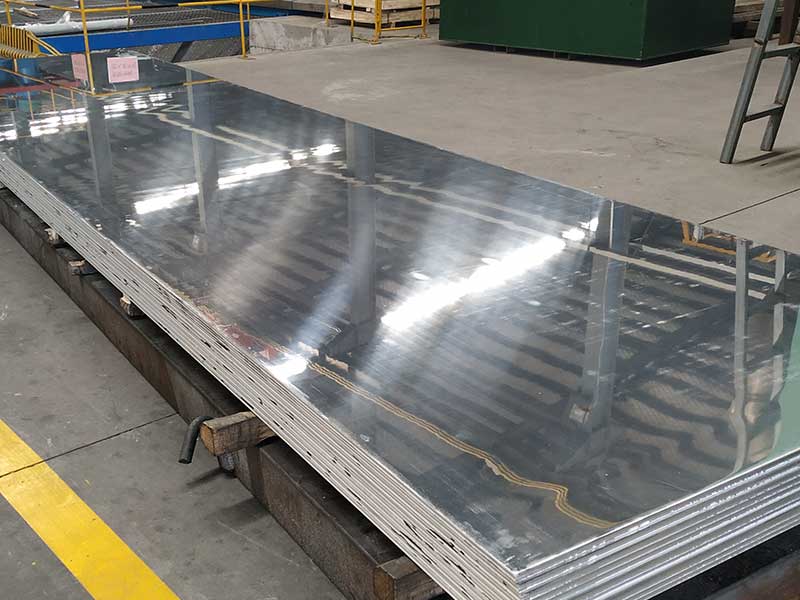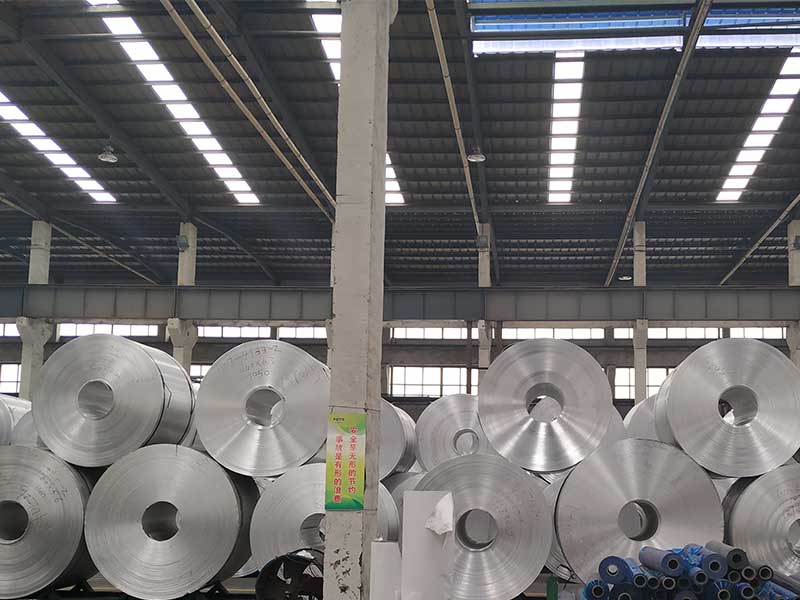5052 Aluminum Sheet Metals Alloys
5052 aluminum alloy, a non-heat-treatable strengthened alloy, is widely used in industrial applications due to its excellent corrosion resistance, moderate strength, and superior formability, making it an ideal material for shipbuilding, automotive, and construction industries.
1. Fundamental Properties of 5052 Aluminum Alloy
1.1 Chemical Composition and Alloy Design
5052 aluminum alloy belongs to the Al-Mg alloy family (per GB/T 3190 standard), with the following typical composition:
Mg (2.2–2.8%): Primary strengthening element via solid solution strengthening.
Cr (0.15–0.35%): Refines grain structure and enhances corrosion resistance.
Mn, Fe, Si: Trace impurities controlled below 0.5% to avoid brittle phase formation.
1.2 Core Performance Advantages
Corrosion Resistance: Superior resistance to seawater corrosion compared to 3003 and 6061 alloys.
Formability: Elongation ranges from 12% to 25% (depending on temper state), suitable for stamping and bending.
Weldability: Compatible with TIG/MIG welding, retaining ~90% of post-weld strength.
2. Tempering Processes and Mechanisms
The mechanical properties of 5052 aluminum alloy are regulated through cold working and annealing, with temper designations following ASTM B209:
2.1 H32 Temper
Process: Cold-rolled to target thickness, followed by low-temperature stabilization annealing (150–200°C) to relieve residual stress.
Mechanical Properties: Tensile strength 230–260 MPa, yield strength ≥180 MPa.
Microstructure: Partially recovered dislocation structures with ~20% cold work hardening.
Applications: Architectural cladding (balancing strength and surface finish), electronics enclosures (deep-drawing requirements).
2.2 H34 Temper
Process: Higher cold-working deformation (~15%) than H32, followed by short-term annealing.
Mechanical Properties: Tensile strength 260–285 MPa, yield strength ≥215 MPa.
Microstructure: Increased dislocation density with fibrous grain alignment.
Applications: Ship decks (corrosion and fatigue resistance), automotive fuel tanks (high strength and impact resistance).
2.3 H36 Temper
Process: Maximum cold-working deformation (≥20%) with minimal annealing.
Mechanical Properties: Tensile strength ≥275 MPa, yield strength ≥240 MPa.
Microstructure: Highly textured deformed grains and limited recrystallized nuclei.
Applications: Aerospace components (lightweighting), rail vehicle frames (dynamic load resistance).
3. Comparative Analysis and Material Selection Guidelines
| Property | H32 | H34 | H36 |
|---|---|---|---|
| Tensile Strength (MPa) | 230–260 | 260–285 | 275–310 |
| Elongation (%) | 12–18 | 10–14 | 8–12 |
| Work Hardening | Low | Moderate | High |
| Processing Suitability | Deep-drawing | Medium stamping | Precision stamping |
Key Selection Criteria:
Load Conditions: H36 for high-stress environments (e.g., aircraft skins), H32 for low-stress decorative parts.
Corrosion Resistance: H32 exhibits better intergranular corrosion resistance due to sufficient annealing.
Cost: H36 requires specialized equipment, increasing total cost by ~15%.
4. Case Studies in Specialized Applications
4.1 Shipbuilding
Material Choice: H34 sheets for hulls extend service life by 30% compared to H32 in seawater.
Process Optimization: Dual-sided Al-Mg-Zn alloy coating to suppress pitting corrosion.
4.2 EV Battery Trays
H32 Application: Utilizes high elongation (≥18%) for complex curvature forming.
Joining Technology: Friction stir welding (FSW) avoids heat-affected zone (HAZ) softening.
4.3 5G Base Station Heat Sinks
H36 Advantage: Replaces copper alloys with 40% weight reduction, balancing thermal conductivity (138 W/m·K) and strength.
5. Future Development Trends
Nanoprecipitation Strengthening: Adding 0.1% Sc to H34 boosts strength to 300 MPa.
Green Manufacturing: Induction heating shortens annealing processes, reducing energy consumption by 30%.
https://www.al-alloy.com/a/5052-aluminum-sheet-metals-alloys.html




